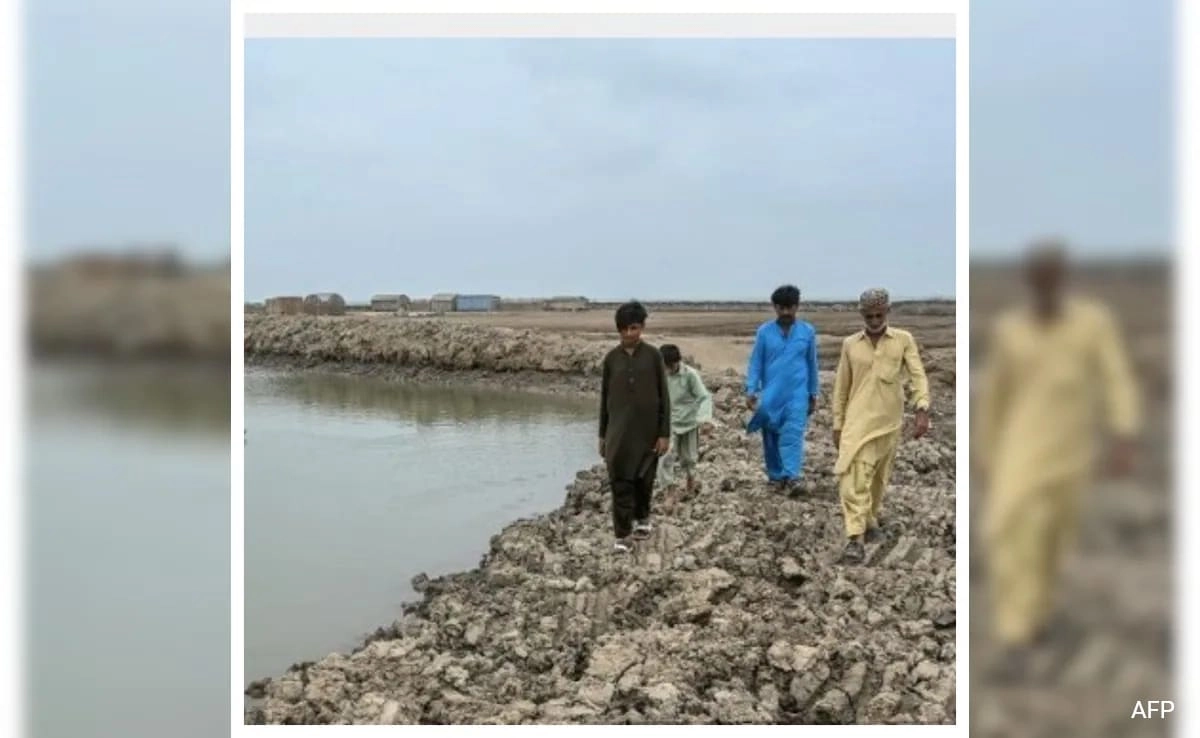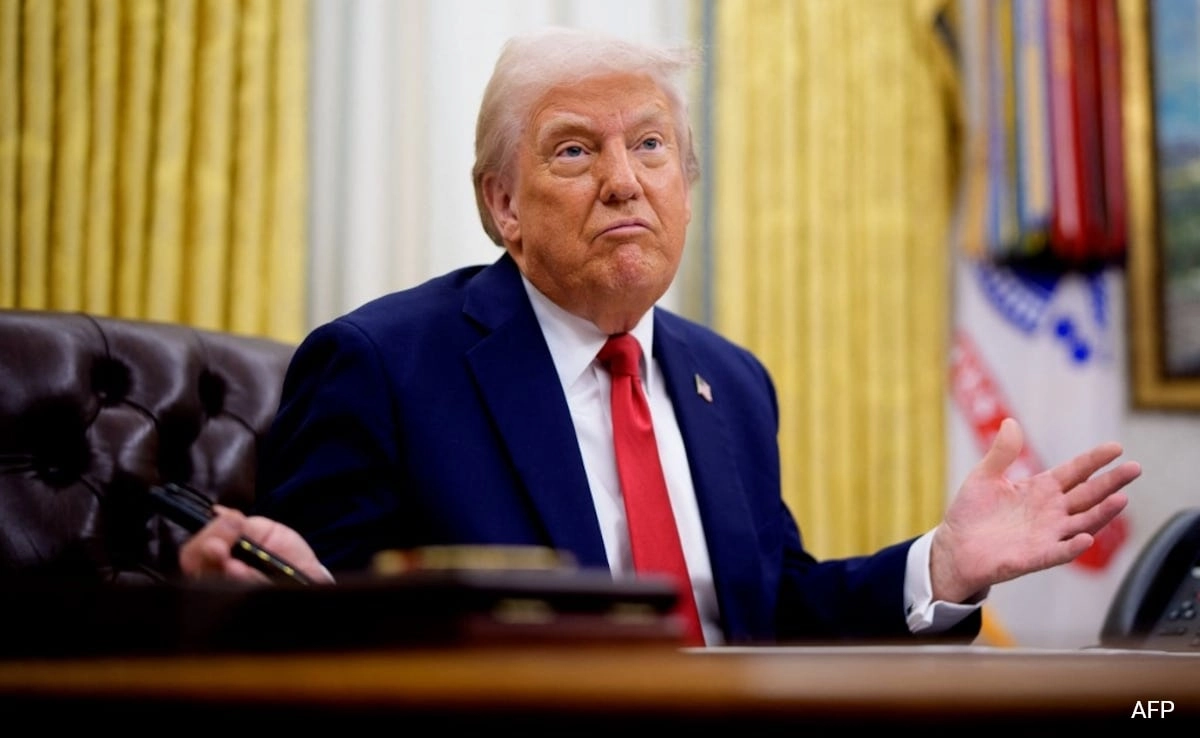The Syrian government has recently announced a delay in the selection of lawmakers in regions predominantly inhabited by Druze and Kurdish populations. This decision has sparked significant discussions regarding the political landscape in Syria, particularly in areas where these ethnic groups have sought greater autonomy and representation. The Druze community, primarily located in the southwestern part of the country, and the Kurdish population, mainly found in the north and northeast, have both expressed a desire for more political inclusion and recognition of their rights within the broader Syrian framework.
The postponement of the lawmaker selection process raises questions about the government’s commitment to political reform and its willingness to engage with diverse ethnic groups. For years, the Kurdish and Druze communities have faced challenges in asserting their political identities amidst a predominantly Arab-centric governance structure. The decision to delay the selection process may be seen as an attempt by the central government to maintain control over these regions, which have been centers of resistance and calls for autonomy.
Furthermore, the implications of this delay could extend beyond the immediate political context. It may exacerbate tensions between the Syrian government and the Kurdish-led administration in northern Syria, which has established a de facto autonomous region since the onset of the civil war. For the Druze, who have historically aligned themselves with the state, this postponement might signal a shift in the government’s approach to minority rights and representation. As these communities navigate their political futures, the international community will be closely monitoring developments to gauge the Syrian government’s response to calls for greater inclusivity and democratic governance.
In summary, the delay in selecting lawmakers in Druze and Kurdish-controlled areas of Syria highlights the ongoing complexities of the country’s political landscape. As various ethnic groups seek to assert their rights and secure representation, the government’s actions will play a critical role in shaping the future of Syria’s political dynamics. The outcome of this situation could have far-reaching consequences for stability, governance, and the pursuit of peace in a nation still grappling with the aftermath of years of conflict.




